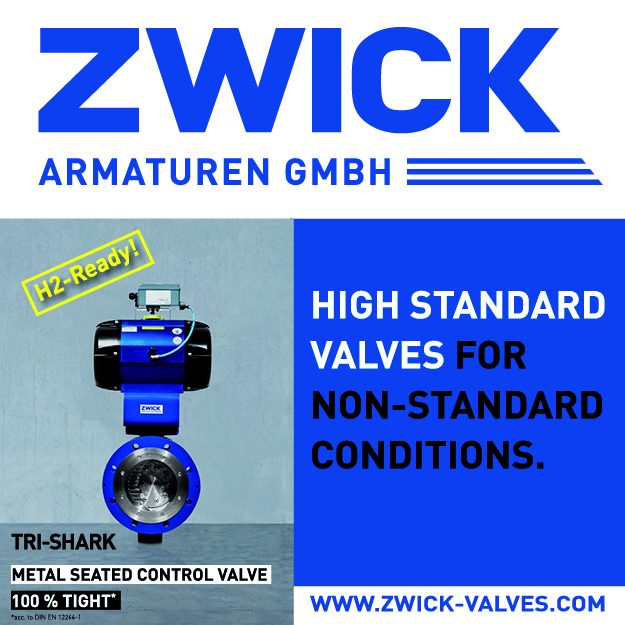Saint-Gobain Seals product helps prevent rocket engine blowouts
A spring-energised anti-blowout seal from Saint-Gobain Seals has been qualified as a static seal in rocket engine check valves for the aerospace industry.
Check valves are flow control devices that allow the flow of pressurised fluid (liquid or gas) in one direction only.
Saint-Gobain Seals' anti-blowout seal, derived from its OmniSeal 103A configuration, consists of a polymeric jacket with a spring-energiser. The jacket is made from a proprietary Fluoroloy material while the spring can be made from materials including stainless steel and Elgiloy. The spring can be heat treated and cleaned using special processes depending on the working condition of the check valve. The seals in the check valve application operate from cryogenic temperature up to 575°F (302°C) and can withstand pressure up to 6,000 psi (414 bar).
The purpose of the OmniSeal anti-blowout seal used in the check valve of the rocket engine is to seal pressurised gas and liquefied gas from temperatures below -300°F (-184°C) up to 122°F (50°C). The seal is proofed for pressure close to 3,000 psi (207 bar). The Fluoroloy jacket material provides wear resistance, anti-deformation, low coefficient of friction and very cold temperature capabilities. The seal is designed to operate for hundreds of cycles without any leakage.
The OmniSeal product line is available in multiple designs such as 103A, APS, Spring Ring II, 400A, RP II and RACO 1100A and are also offered in various custom designs. These designs include seal jackets in various Fluoroloy materials and springs in various configurations.
Saint-Gobain Seals' sealing solutions have been used in launch vehicles such as the Atlas V rocket engine (which launched the Mars Rover Curiosity into space), Delta IV Heavy rocket and Falcon 9 rocket.
















